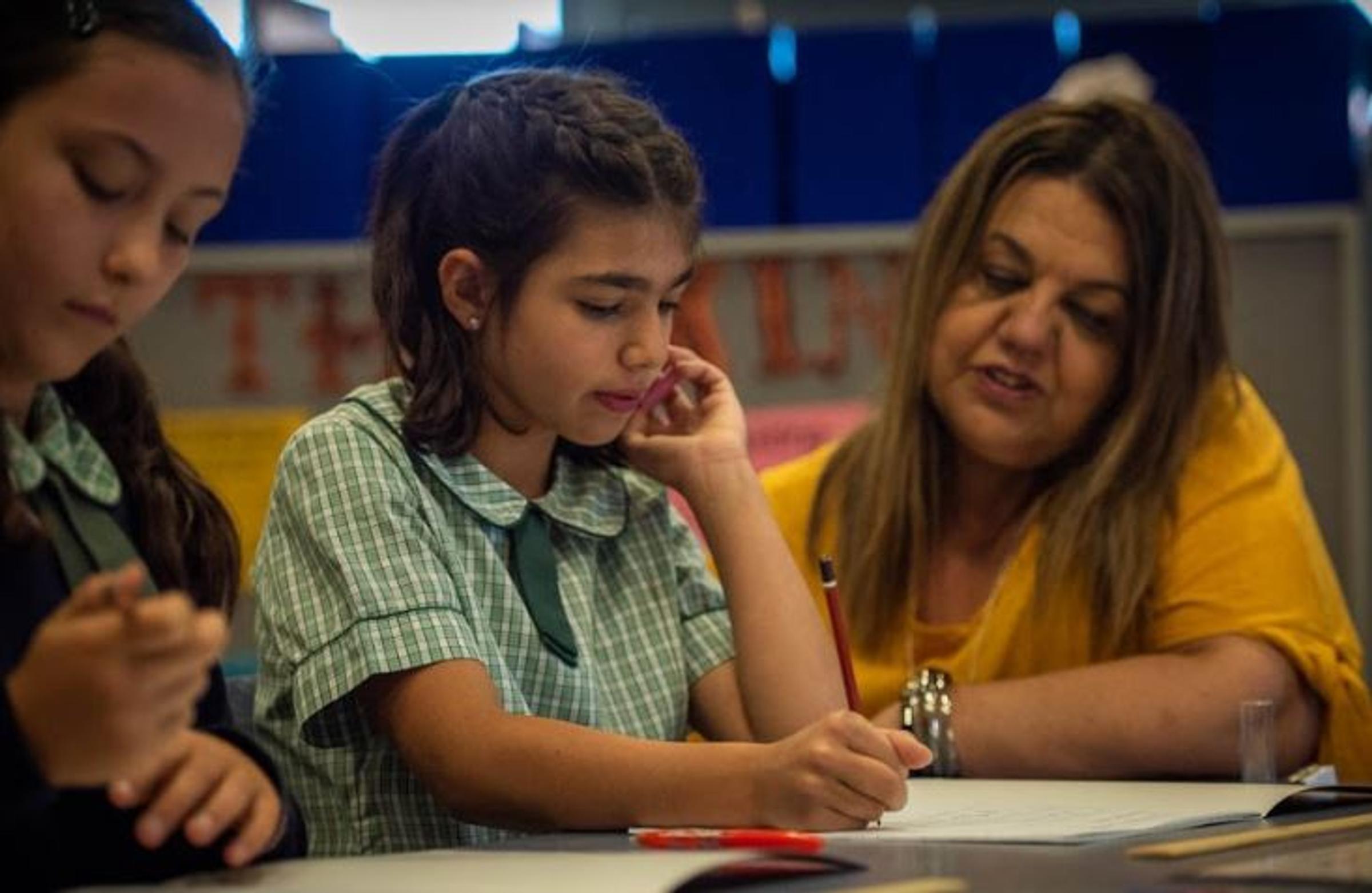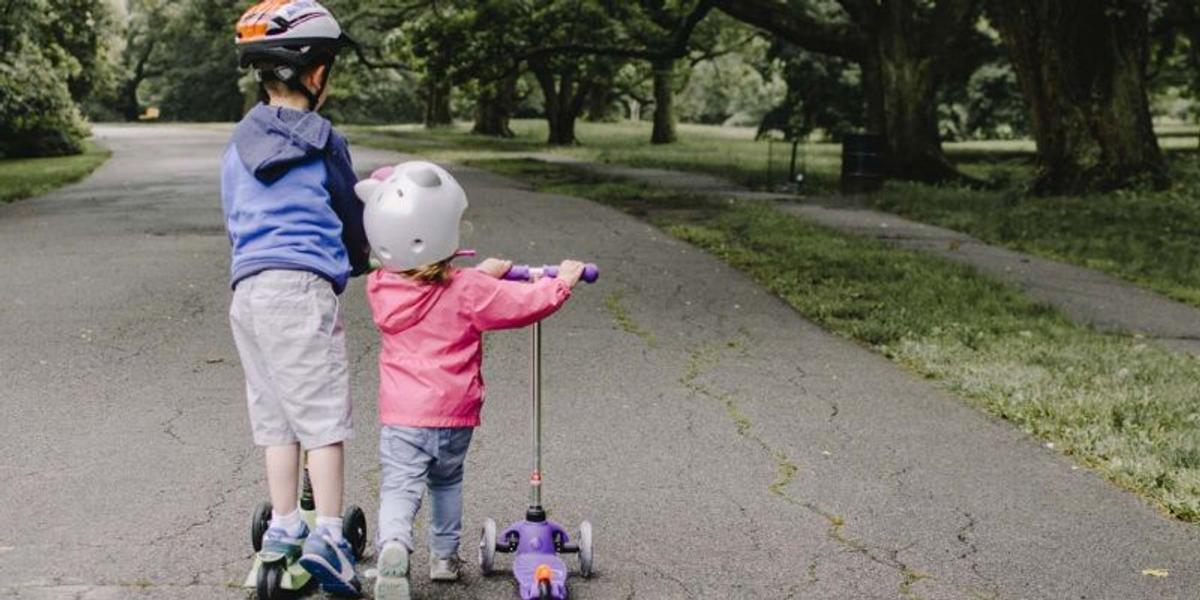Student Wellbeing
Student Wellbeing encompasses the following areas: Student Engagement, Student Connectedness, Classroom Climates, Inclusion and Prevention to Intervention

Student Wellbeing
Student Wellbeing encompasses the following areas: Student Engagement, Student Connectedness, Classroom Climates, Inclusion and Prevention to Intervention
As we enter into Lockdown 6 make sure you are keeping well and healthy. Here are some ideas to support you during this time. If you or your child/ren need some support please call me or anyone on the leadership team to talk to them. Otherwise call your doctor and get a mental health plan so that you can talk to someone.
Sally Lentini
slentini@sfmoreland.catholic.edu.au
Here are some ideas for you.
Living Well | Sarah Marinos | Posted on 02 September 2020
Six expert tips to bolster kids’ mental health during the COVID-19 crisis.
This year has been tough for young Victorians. Schools have opened and closed, and opened and closed again. Formals and birthday parties have been cancelled, sports competitions put on hold, and face-to-face interaction with friends forbidden in the name of social distancing.
Add in the trials of home schooling, uncertainty about exams and assemssments, and worries about the future, and it’s easy to understand why many young people are struggling. Kids Helpline reports a 30 to 50 per cent increase in calls since March.
So, what can young people do to stay mentally fit and strong, and what can parents do to support them?


Six expert tips to help get your kids through lockdown
Make the most of gained time
Kids may not be able to do a lot of things they enjoy, so instead focus on what can be done. “Kids have gained time by not having to travel to and from school, so they can fill that extra time with things they want to do but didn’t have time for previously. Boredom is an opportunity to be creative,” says Tony FitzGerald, virtual services manager at Kids Helpline.
Connect with the moment
Spending five or 10 minutes a day doing a mindfulness workout can help manage negative thinking. The Smiling Mind app is popular and there are three dedicated care packs to support children during the pandemic. They’re free to download and include meditations, activities and topics to discuss.
Turn off the news
COVID-19 updates have dominated TV news, news websites and newspaper headlines and the volume of stories can be overwhelming. “Limit exposure to the news and limit discussions around the topic,” says Tony. “Reassure children that they are safe and everyone in your home is following the government’s regulations and that is the most you can do.”
Move it
Don’t spend all day on Zoom conferences with teachers. Getting outside to kick a footy in the backyard or to go for a walk near home is important. Exercise helps our body release natural chemicals called endorphins that are often called the ‘feel good’ chemicals. And on days when it’s raining, younger kids can play hide and seek inside.
Use technology to connect
“Technology is an enabler when it comes to keeping in touch with friends,” says Tony. Children and teenagers are digital natives so, depending on their age, let them play games on the Xbox with friends or organise an online games night. Children can host movie nights, too – Netflix Party syncs video across multiple devices so you can watch a film with friends. Or arrange group Zoom events and supervise younger kids as they meet virtually with friends.
Keep school in perspective
“Children can only do their best so don’t put extra expectations on them if you are a parent, and encourage children to not expect too much of themselves,” says Tony. “For students in Year 12 it’s important to understand there will be other opportunities if things don’t work out quite as well this year.”
Kids Helpline provides free, private and confidential counselling to young people aged five to 25. It operates 24 hours a day and has phone, email and Webchat options. Find out more on the Kids Helpline website or call 1800 55 1800.